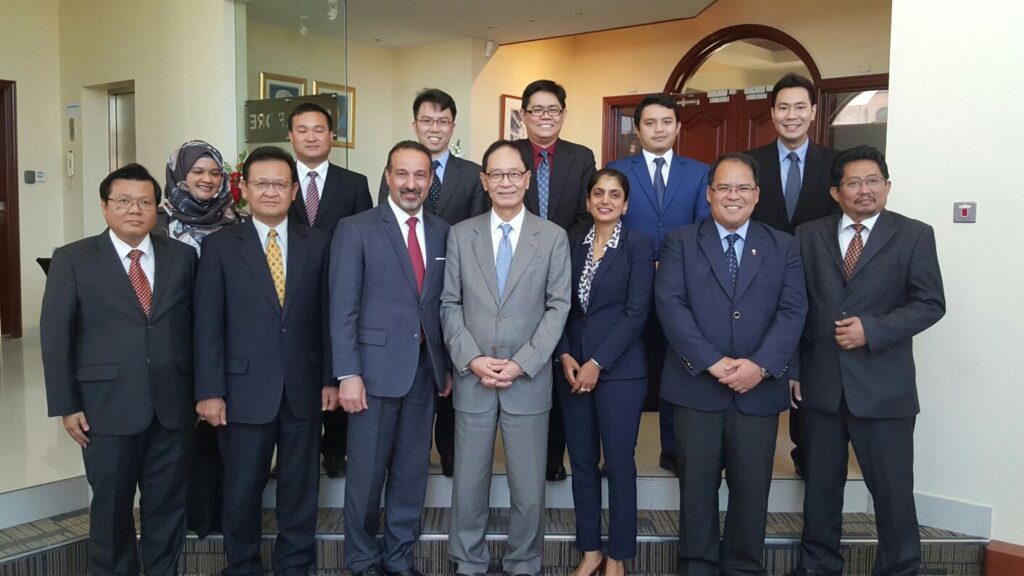Mehran Kamrava Lecture at the Singaporean Embassy in Qatar

On February 15, 2015, Mehran Kamrava, Director of CIRS, discussed the state of contemporary Iranian politics at a recent luncheon for Doha-based ASEAN ambassadors hosted by the Singaporean Embassy. Kamrava highlighted three developments to watch for in Iran in the coming several months, each of which is likely to have significant consequences for the country’s politics. First, according to Kamrava, is the question of whether the consensus that President Rouhani had created in the lead-up to the nuclear negotiations will continue to hold in the post-sanctions period. Rouhani was able to put together a coalition of various actors–including the Iranian parliament, the IRGC, and the Supreme Leader–all of whom agreed on the prudence of the nuclear agreement with the P5+1. A second development to watch for are upcoming elections for Iran’s parliament, the Majlis, and the Assembly of Experts. The elections, scheduled for February 23, 2016, will determine the make-up and political powers of two of most important institutions of the Islamic Republic. Significantly, the Majlis, which was uncharacteristically quiet in the lead-up to the conclusion of the nuclear negotiations, can undermine or alternatively aid Rouhani’s executive agendas in the years ahead. And, perhaps even more critical, in the coming years the Assembly of Experts may be in a position of exercising its constitutional responsibility of determining the next Supreme Leader, especially given the advanced age of the current incumbent Ayatollah Khamenei.Finally, Kamrava pointed to the fluidity of the regional context within which Iran finds itself as another variable that is likely to influence the country’s international and domestic politics. Developments in Iraq and Syria, and to a lesser extent Iranian tensions with Saudi Arabia, are likely to have ramifications beyond Iranian foreign policy.Combined, Kamrava concluded, these three developments are likely to increase the complexity, as well as unpredictability, of Iranian domestic politics and foreign relations for some time to come.